Fetal cardiac intervention, also known as transuterine interventional catheterization, was successfully performed by doctors at Children's Hospital 1 and Tu Du Hospital in early 2024. This is a medical miracle, as it is the first time the entire Vietnamese health sector has achieved this achievement.
This medical miracle is not limited to the country, but resonates throughout the Southeast Asian region, because no hospital has been able to perform transuterine interventional catheterization. That is also the reason why pregnant Singaporean women were introduced to Vietnamese doctors by their home doctors.
Why is Children's Hospital 1 interested in transuterine interventional cardiac catheterization, and then determined to cooperate with Tu Du Hospital to perform the first fetal cardiac intervention in early 2024?
PV of Health & Life Newspaper had a conversation with Master, Doctor, CKII Nguyen Thi Thanh Huong - Deputy Director of Children's Hospital 1 - who has been following the Interventional Cardiology Unit's dream of early correction of congenital heart defects in the fetus.
Not only answering the above question, Dr. Thanh Huong also told a little-known "behind the scenes" story about the achievement of transuterine interventional cardioversion, which is now the third case.
It all started in 2004, when Children's Hospital 1 began performing closed heart surgery (laparoscopic surgery).
By 2005, the Board of Directors of Children's Hospital 1 at that time, headed by Associate Professor, Dr. Tang Chi Thuong (now Director of the Ho Chi Minh City Department of Health), focused more resources on developing specialized Pediatrics with 4 priority areas: Neonatal; Emergency Resuscitation; Interventional Surgery (especially in the field of Pediatric Cardiology); Infectious Diseases.
Thanks to that, in June 2007, doctors at Children's Hospital 1 began performing the first open heart surgery.
Through more than 5,000 surgeries, data shows that this advanced technique has reduced the mortality rate of children with heart disease in hospitals from 7.7% (in 2004) to 0.45% (in 2022).
Director of the Ho Chi Minh City Department of Health Tang Chi Thuong chaired a meeting to "finalize" the coordination work before starting to perform the transuterine interventional cardiac catheterization in early 2024. Photo: BVCC
By 2009, the Interventional Cardiology Unit was established, significantly reducing the number of congenital heart disease cases requiring surgery.
To date, through more than 8,000 cardiac catheterizations, some of which were only 2 days old, some weighed only 2.2 kg, the experts at the Interventional Cardiology Unit have helped repair defective hearts, helping children live normal lives like their peers.
"However, the more we do, the more the experts of the Interventional Cardiology Unit feel like they are one beat behind, especially Dr. Do Nguyen Tin - Head of the Unit, who is always thinking about how to make it one beat ahead," Dr. Thanh Huong added.
Dr. Tran Ngoc Hai - Director of Tu Du Hospital (left) and Associate Professor, Dr. Nguyen Thanh Hung - Director of Children's Hospital 1, along with the teams of the two hospitals, expressed their determination with the first fetal heart catheterization. Photo: BVCC
Explaining this issue further, the leader of Children's Hospital 1 analyzed: There are types of congenital heart defects that if treated after birth, the treatment results will not be as expected. That is not to mention the children have to endure many surgeries and interventions because many stages require surgery.
Especially for congenital heart defects of one ventricle. The final result of delayed intervention is that the child still needs a heart transplant to sustain life, because post-natal treatments, interventions, and surgeries for congenital heart defects of one ventricle cannot completely resolve the problem.
The idea of "faster than a beat" of the Interventional Cardiology Unit, which means intervening in the fetus, before the baby is born, quickly received support from the Board of Directors of Children's Hospital 1, at that time headed by Associate Professor, Dr. Nguyen Thanh Hung.
The fetal cardiac catheterization team at Tu Du Hospital started the first transuterine interventional cardiac catheterization in Southeast Asia on January 4, 2024. Photo: BVCC
It should also be added that since 2019, Children's Hospital 1 has begun implementing prenatal ultrasound and cardiac MRI techniques to help diagnose congenital heart disease. These are advanced techniques in the field of pediatric cardiology in Vietnam at that time.
"These are extremely important premises for implementing transuterine interventional cardiac catheterization techniques. The hospital's team of fetal echocardiography experts is experienced and has the capacity to diagnose. If the diagnosis is wrong, all the efforts of the subsequent teams will be in vain," Dr. Thanh Huong further analyzed.
According to the Deputy Director of Children's Hospital 1, to perform transuterine interventional cardiology, the entire team of external interventional cardiology, that is, on a newborn, had to perform it smoothly and skillfully, meeting all the requirements. In fact, the heart of a newborn is the size of a lemon, while the heart of a fetus is only the size of a strawberry.
The medical team at Children's Hospital 1 performs fetal heart catheterization. Photo: BVCC
After meeting all three factors of human resources, medical equipment and supplies, determination and support from the hospital's leadership, Children's Hospital 1 began "dating" with Tu Du Hospital from mid-2023 to discuss the issue of coordinating the implementation of transuterine interventional catheterization.
With a technique that has never been performed in the country or in Southeast Asia, the Board of Directors of Tu Du Hospital, led by Dr. Tran Ngoc Hai, has determined to support the implementation of the coordination work.
Tu Du Hospital assigned Dr. Trinh Nhut Thu Huong - Head of the Prenatal Care Department as the team leader, coordinating with Dr. Do Nguyen Tin - Head of the Cardiovascular Intervention Unit, Children's Hospital 1.
Why is it necessary for Tu Du Hospital to coordinate? Doctor Thanh Huong analyzed that Children's Hospital 1 can only approach and handle technical expertise on post-natal or pre-natal children (fetuses), but cannot approach the mother. Therefore, it is necessary to have leading experts from Tu Du Hospital help Children's Hospital 1 experts approach the mother (through the uterus) to "touch" the fetus.
After half a year of detailed planning and selecting suitable congenital heart disease cases, on January 4, 2024, the first transuterine interventional cardiac catheterization was successful.
Since then, including the recent case performed on a Singaporean pregnant woman, there have been 9 successful transuterine interventional catheterizations thanks to the cooperation between experts from Children's Hospital 1 and Tu Du Hospital.
The first successful transuterine interventional cardiac catheterization was performed in January 2024. The baby weighed 2.9 kg and was born at 37.5 weeks of age, bringing joy to the family and doctors at Children's Hospital 1 and Tu Du, causing a stir throughout Southeast Asia. Photo: BVCC
The fetus of a Singaporean mother had aortic valve defect, a rare congenital heart defect. This was considered the most difficult transuterine interventional cardiac catheterization case, as the fetus was only 22 weeks old, weighed 600 grams, and had a serious medical condition.
It is worth mentioning that when discovering that the fetus had a severe congenital heart disease and was at risk of stillbirth, Singapore's KK Women's and Children's Hospital referred the pregnant woman to Vietnam, to seek treatment in Ho Chi Minh City.
KimLy (According to suckhoedoisong.vn)
Source: http://baovinhphuc.com.vn/Multimedia/Images/Id/129488/Hanh-trinh-it-nguoi-biet-ve-ky-tich-can-thiep-tim-bao-thai-o-Viet-Nam


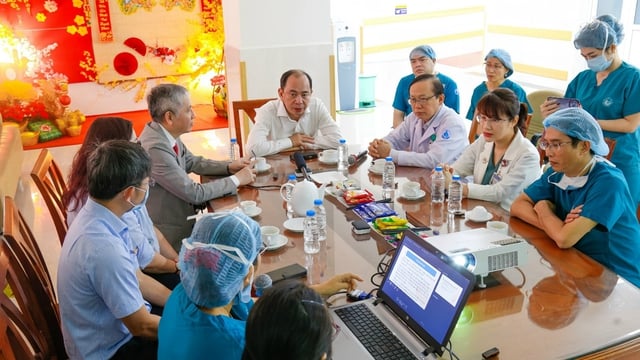
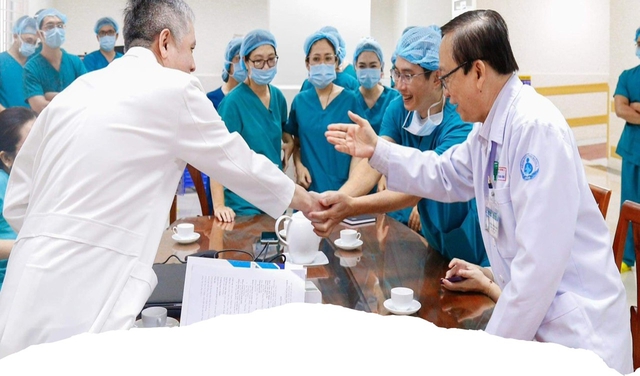
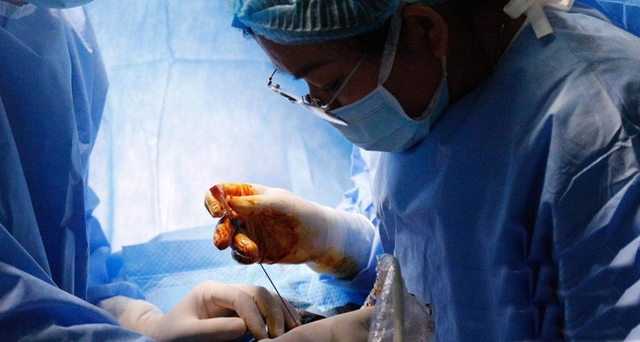
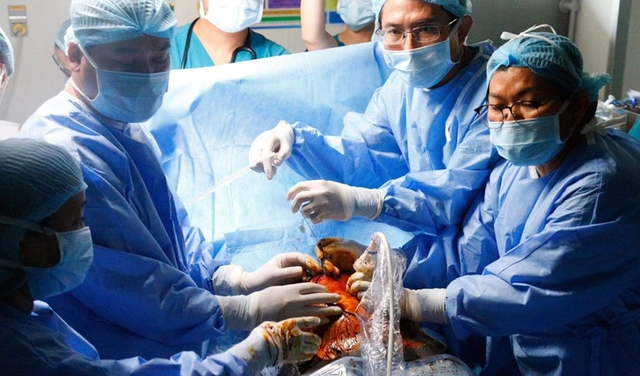
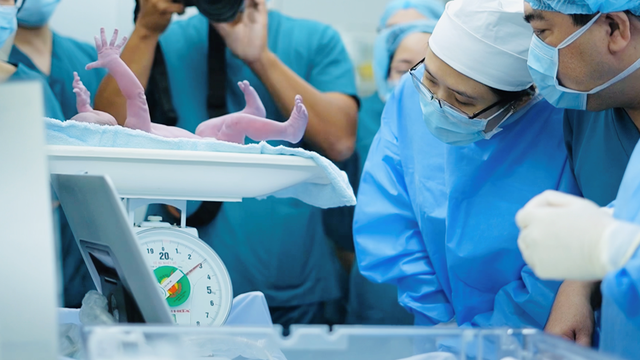






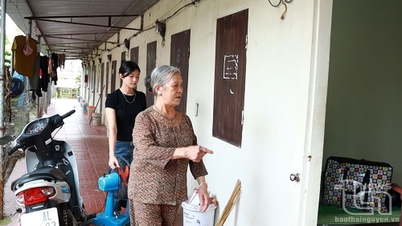






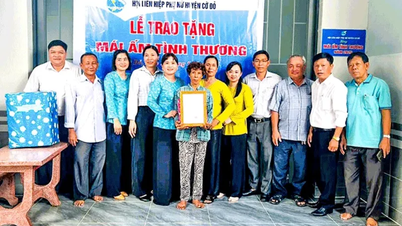





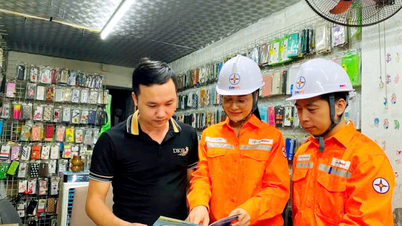
















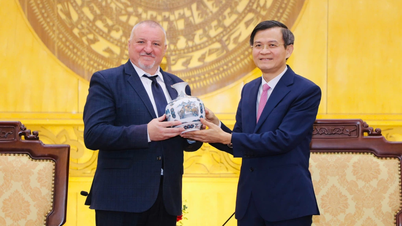
































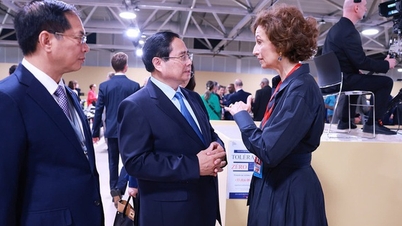



























Comment (0)